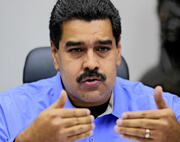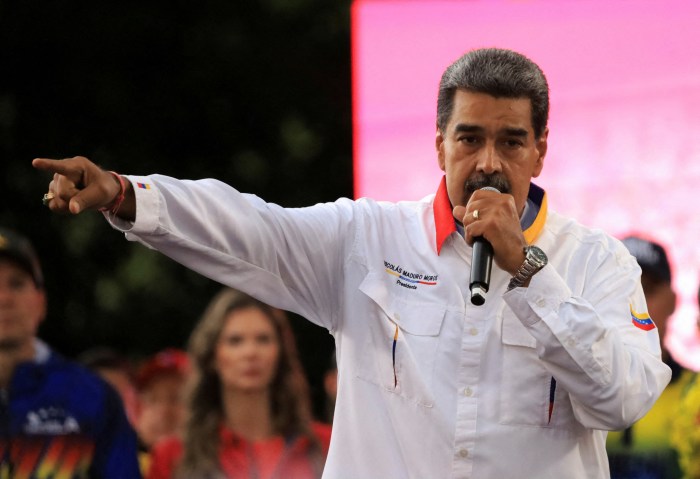The United Nations’ Food and Agriculture Organization (FAO) says a group of South American and Caribbean countries have adopted a common plan of action to eradicate hunger and poverty, designed with FAO support.
The FAO says the agreement was announced during the Second Extraordinary Summit of the Petrocaribe oil bloc and the Bolivarian Alliance for the Peoples of Our America – Peoples’ Trade Treaty (ALBA-TCP).
“The plan aims to strengthen food and nutrition security in the Petrocaribe economic zone and in ALBA countries through national and regional hunger eradication projects,” said the FAO, adding that it will provide advice to governments in developing interventions.
During the summit, Venezuela President Nicolas Maduro said that “the Action Plan ALBA-Petrocaribe to free our territories from hunger seems fundamental for the future.”
The FAO said the plan reflects the priority that hunger reduction has been given by the Community of Latin American and Caribbean States (CELAC) and under the Hunger-Free Latin America and the Caribbean Initiative, a commitment by the 33 countries of the region to eradicate malnutrition by 2025.
“The ALBA-Petrocaribe Action Plan represents the most ambitious attempt to eradicate hunger in the history of the region, “ the FAO said.
“Latin America and the Caribbean are showing that across the entire region there is political will for and commitment to achieving hunger eradication,” said FAO director-general José Graziano da Silva, speaking at the summit.
The FAO and Venezuela’s government also signed an agreement to implement a Venezuelan-led regional food and nutrition security and poverty eradication program within the framework of the Hunger-Free Latin America and the Caribbean Initiative.
The Venezuelan program will work on three tracks: strengthening leaders, producers and social organizations in rural areas, facilitating the commercialization and trade of products from family farms; and supporting hunger eradication efforts in various economic integration zones in Latin America and the Caribbean, in particular in the Petrocaribe region, the FAO said.





















